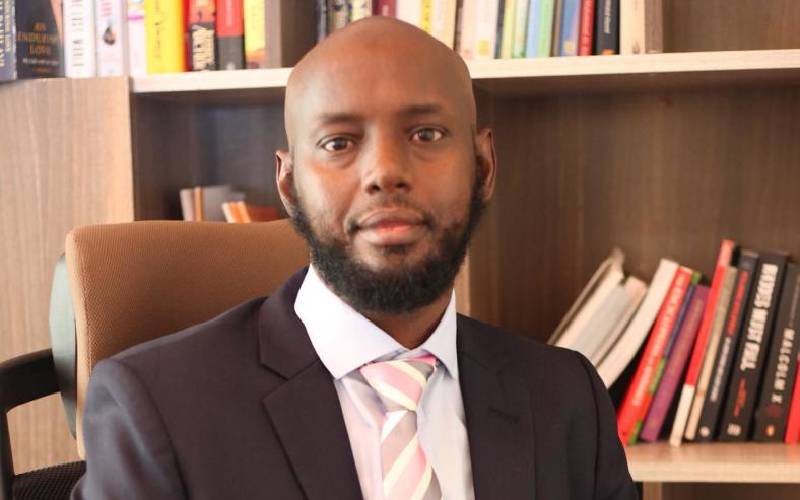×
The Standard e-Paper
Stay Informed, Even Offline

This might be the briefest introduction I have ever had from someone before they dive right into what makes them tick, and do not relent for close to two hours.
Mohamed Adow is loath to talk about himself, except when it is about climate change - then he will talk your ear off. His passion for this issue is so infectious, I find myself captivated. Climate change issues could not have found a better advocate.